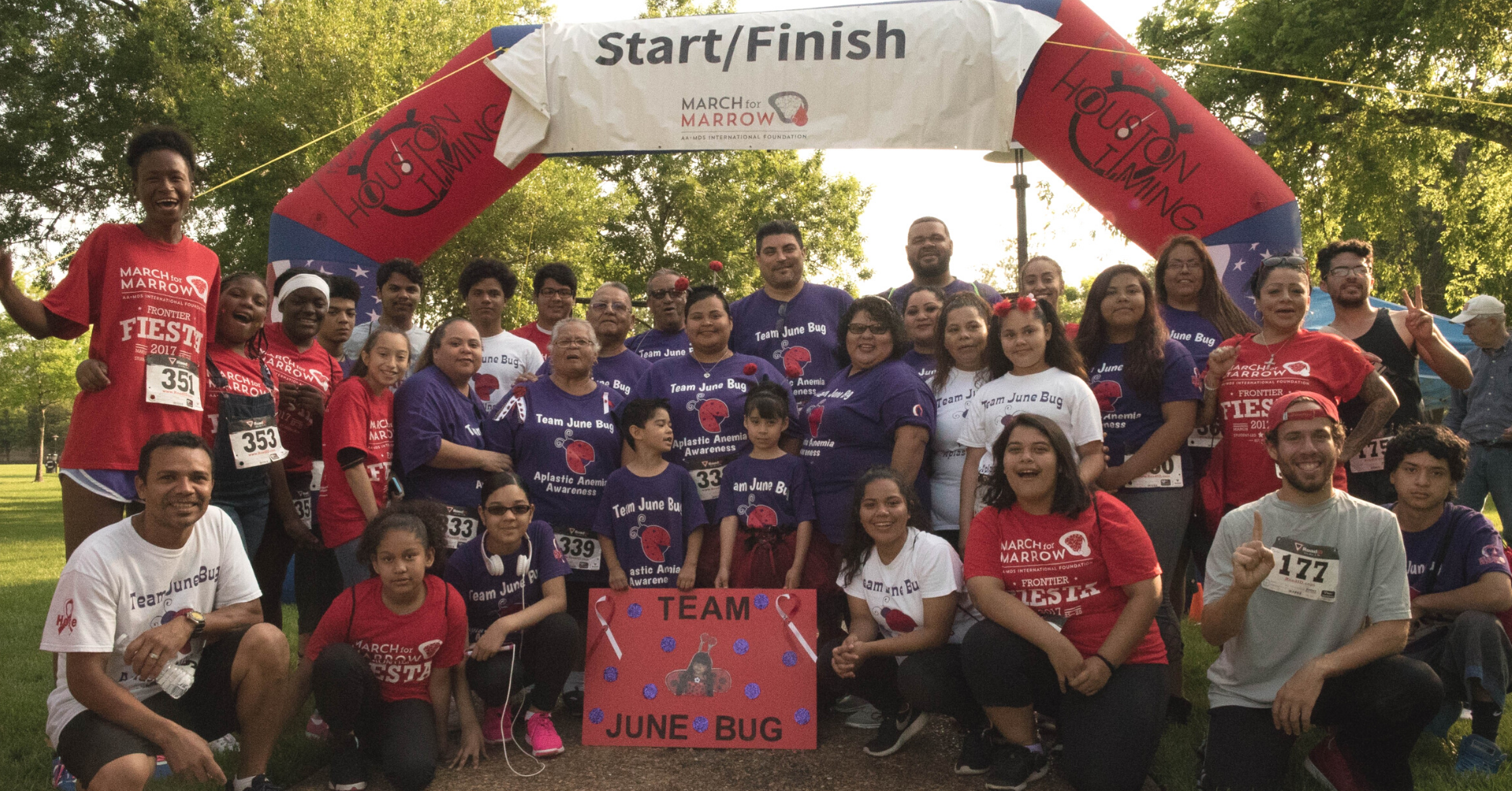- Questions to ask your healthcare team. Print out this list and take it with you the next time you go to the doctor.
Have you ever left your doctor's office not sure of what you need to do next? Not quite sure how to take your medicine? You're not alone. There is a lot of information to take in at each visit. Using the steps outlined in this section can enable you to get the most from your office visits. While not always easy - asking questions until you get answers you understand is a central part of becoming an empowered patient.
Follow these suggestions to get the most from every office visit:
Prepare for Each Visit
Office visits can run shorter than you hope. To be a strong advocate for yourself, it is critical that you do everything you can to make the most of every visit. You'll want to do some work in advance. Try these tips:
- Set an agenda for the visit. Ask yourself, "What do I want to get out of this visit?" Write down the top three things you want to discuss. Focusing on your agenda will help you make the most of your time.
- Ask for the time you need. When you make an appointment, let the staff know if you have special concerns that might require a little extra time with your doctor. If, after your appointment, you still need more time, find out how you can call or email your doctor with concerns.
- Do your homework. Learn all you can about your condition and the available treatments.
- Bring information with you. Bring your medical information to the visit. This information should include:
- A list of questions in priority order. Start with this list and take it with you the next time you go to the doctor.
- All current and past illnesses, as well as any chronic conditions you may have
- A list of prescription and over-the-counter medicines, vitamins, herbs, and supplements you have used
- Notes on symptoms and side effects you are having
- Test results
- Transfusion records
- Form a good relationship with your healthcare team. Establishing friendly relationships and showing appreciation for your doctor and the staff is important. When you work well with your healthcare providers, it enables them to focus on your condition and to make the best use of the time they have with you.
- Bring a member of your personal support team. Going to the doctor can be overwhelming. Asking a family member or friend to come along can help. This person can help you ask questions, write down answers, and ensure you get answers you understand - four ears are always better than two. They can also provide emotional support.
Ask Questions, Get Answers
Clear communication is an integral part of good healthcare. In order to make smart choices about treatment and follow your care plan correctly, you need to fully understand your disease and treatment options. These are the things that empowered patients do to make sure they get their best care and treatment.
Ask Good Questions
Clear communication is an integral part of good healthcare. In order to make smart choices about treatment and follow your care plan correctly, you need to fully understand your disease and treatment options. These are the things that empowered patients do to make sure they get the best care and treatment. Be sure to bring a list of questions and put them in priority order. You may have just a few minutes to ask your questions, so be sure to ask the most important ones first.
See our list of Questions to Ask Your Healthcare Team. This list includes disease and treatment questions you should consider asking.
Ask for Clarification
Don't worry about offending your healthcare provider. Healthcare providers tend to share more information with patients who pay attention and ask questions. Asking questions shows healthcare providers you care, are actively involved in your own care, and want to stay informed. Let your doctor know if the information is confusing or if there is anything you don't understand.
If you have trouble understanding your healthcare provider:
- Ask the healthcare provider to say things again or use simpler words until you get it.
- Ask a family member or friend to listen for you.
- Ask for brochures, drawings, or models.
- Ask the provider to write down answers.
- Here are some more tips to enable clear communication with your provider.
Take Careful Notes
After the visit is over, it may be hard to recall exactly what your provider said. Take notes, ask a family member or friend to take notes, or use an audio recorder. Keep these notes with your medical information.
Learn More
- Questions are the Answer from AHRQ: Develop your own customized list of questions to take with you on your next doctor's appointment.


